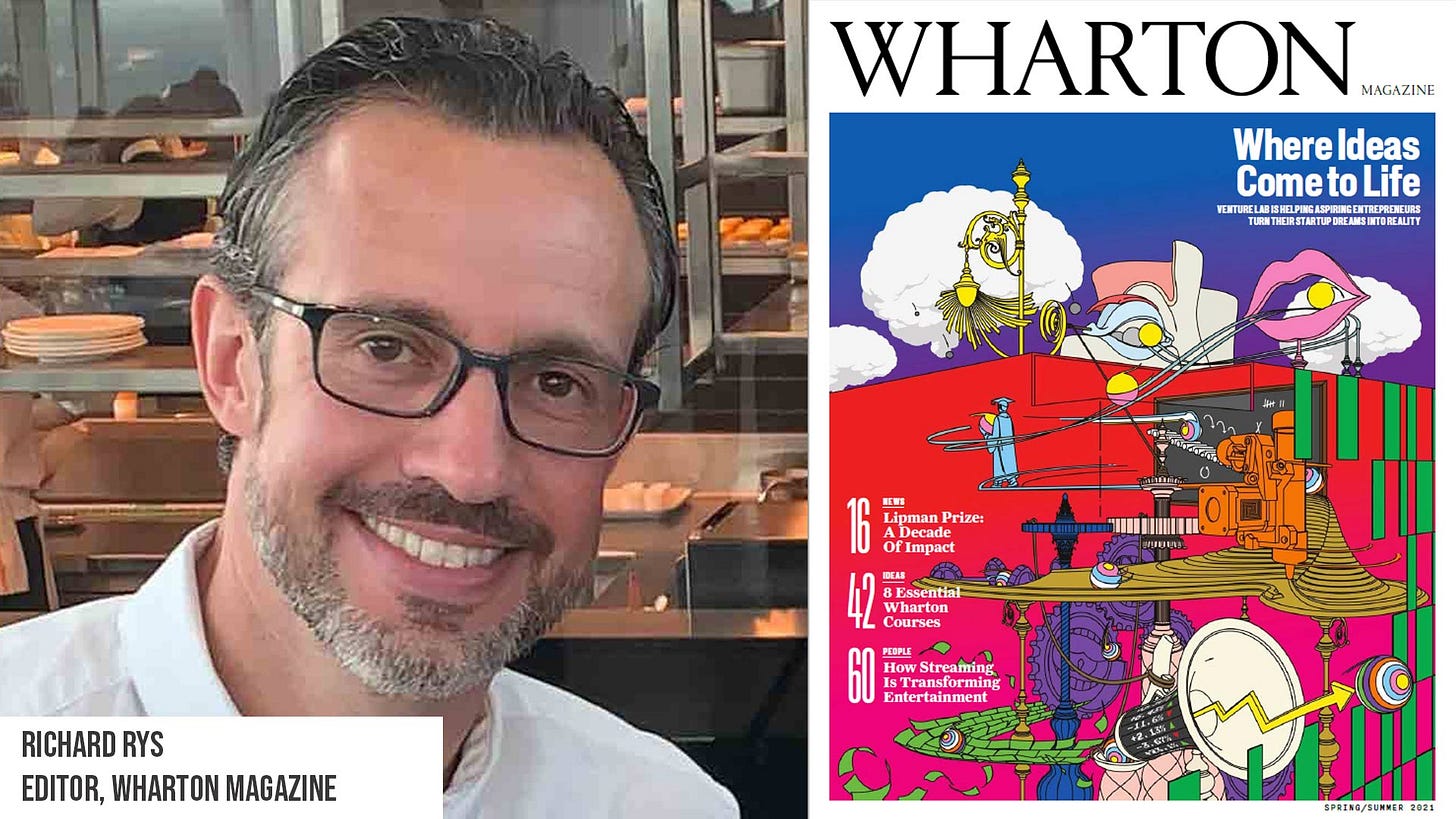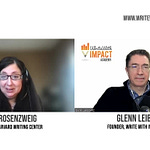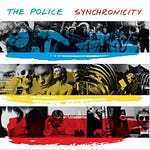Back in late April I ran a quick poll on LinkedIn where I posed the question: “What’s the biggest writing challenge you currently face?”
I was surprised by the response I received: 502 people answered the survey over a seven-day period, with several weighing-in with detailed comments about their writing struggles (as always, I especially enjoy reading the comments!)
The biggest challenge? 45% of respondents cited “Writing the first draft” as their biggest challenge. Another 26% pointed to “Coming up with a good topic”. 18% chose “Outlining the story” as their biggest challenge, followed by 11% who answered “Doing research”.
Here’s a screenshot of the poll results:
Every writer has their approach to tackling these four areas. Having asked this questions of the LinkedIn community, I decided to take each of the challenges and ask four professional writers—a magazine editor at Wharton, a writing instructor at Harvard, a digital nomad-blogger-course-creator, and a social media ghost writer who writes a column for Forbes.
I conducted in-depth interviews with each of them, and explored these challenges—and their unique approaches to tackling them.
I’m pleased to share a few highlights from my interview with Richard Rys, Editor of Wharton Magazine, the official publication of the Wharton School at the University of Pennsylvania. Before taking this role, Rich was an award-winning journalist and editor at Philadelphia Magazine for 18 years. He contributes to several publications such as The New York Times, Men’s Health, and Men’s Journal, among many others. Rich also teaches journalism as an adjunct professor at Temple University in Philadelphia.
The following are a few pieces of advice that Rich shared in a virtual Writing Masterclass he conducted at Write With Impact Academy, my new learning community. These cover the three top responses to my poll. To listen to an excerpt from our conversation, listen to the podcast at the top of this post.
I’ve also included 3 short video clips from my video interview below.
To watch the entire video interview and listen to the full audio conversation, I welcome you to subscribe to Write With Impact Academy, where I am helping writers such as yourself to hone your skills and learn new strategies and techniques that will make you a better writer.
Writing challenge #1—Writing the first draft
Just get it down, you want the clay there to mold
That blank page never gets any less intimidating. As many times as you put stories together, long or short, there's that bead of sweat that forms as you're getting started. I look back and I think when I've sweated the most, it's when I feel like my outline isn't solid, or I like to think that if anything, I over-researched, so I don't often find myself lacking for material.
And when you think of the old iceberg metaphor for the story, that what you're reading is just the tip of the iceberg and underneath it is the research you've done, the interviews you've done, all the thinking you've done about it, I would say trust in your outline that you've made.
Feel free to take some twists and turns as you're writing if you find that what you initially thought isn't working. Don't stick to it religiously, but also trust in it. Then just get it started, get something down. For some writers, there is the idea that the first paragraph, the first sentence, they're working it, they're reworking it. You want to just get it down, you want the clay there to mold.
I can very much be a perfectionist, but when it comes to just getting the writing flowing, you've got to just let it happen. You can always go back and rework it. That’s a key.
Watch the video clip:
Writing challenge #2—Coming up with a topic
Focus on topics that you are passionate about
I think the most important thing is to really focus on topics that you are passionate about and that you are invested in. That’s something I discuss a lot with the students I’ve taught. They’re always looking for where to find new story ideas. And if you take the path where you’re looking to sell the story: “What am I going to be able to pitch to editors that they’ll find interesting, that will get me that assignment?”
If that’s your first thought, in the end you might get that assignment but I don’t think the work is going to be as good as it would be if you say,
“These are things that I’m really passionate about, I’m fascinated by this, I want to learn more about it” and then figure out, “Where’s the publication I can sell this to? Who would also find this as interesting as I do?”
And if that might mean there’s a couple stories that fall by the wayside, that’s the freelance life. But I would always say lead with your passion and interest and you’ll absolutely make your best material, and your pitches are going to be stronger too. Because, I think that comes through on the editor’s side, when you get a pitch from a writer and you can tell this is something they are really jazzed about.
Watch the video clip:
Writing challenge #3—Outlining your story
Outlines are GPS for your story
Outlines are GPS for your story. And I think of them pretty simply, I won’t look at my notes, I will just sit down when I’ve done all my reporting, I’ve gathered all my thoughts, it’s percolating, I feel like I’m ready to just explode out and get this out on the page. And I will just sit down and create the rough sections of my story. So, whether it’s long or short, “Section 1: Intro”, and I’ll just write some bullet points.
And then follow that through for how I want to organize it. And for longer stories those bullet points almost end up being paragraphs. So, when I’m all done, I can see how my logic is flowing. And it is infinitely easier to adjust those bullet points on the outline when you say “Those two things aren’t linking together,” or “That transition doesn’t make sense,” or “It’s clear now that I’m talking about this too late in the game, I need to bring that up.”
As opposed to when you’ve written the piece, whether it’s 500 words or 2,000 words, and now the process of moving those puzzle pieces around is a lot more painful. You’re now doing major surgery as opposed to a minor cosmetic adjustment.
Watch the video clip:
















Share this post